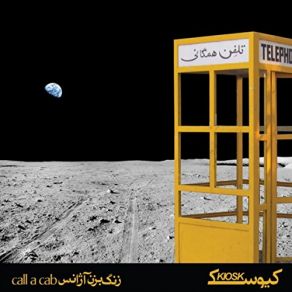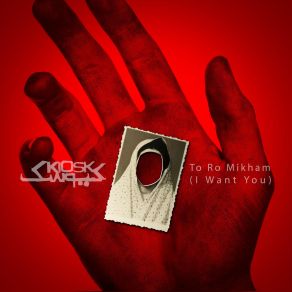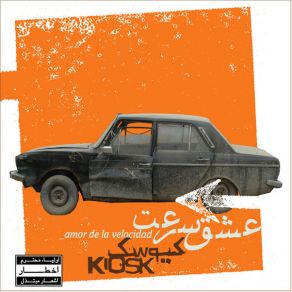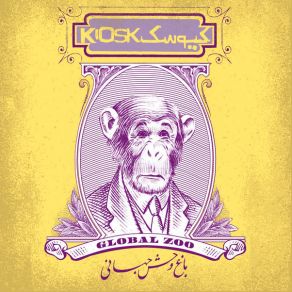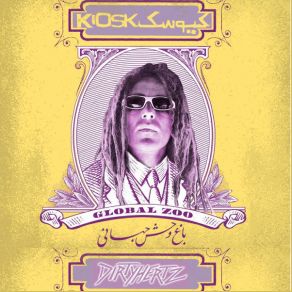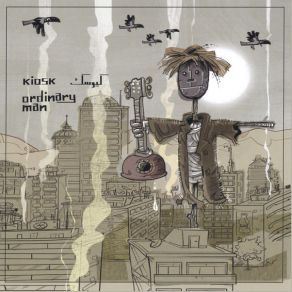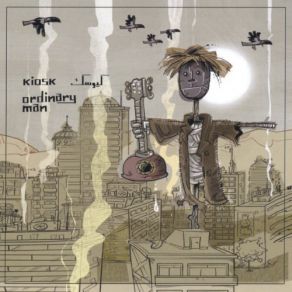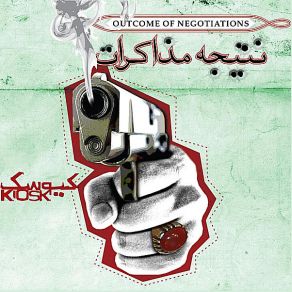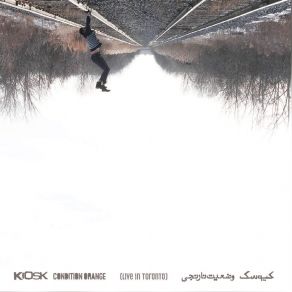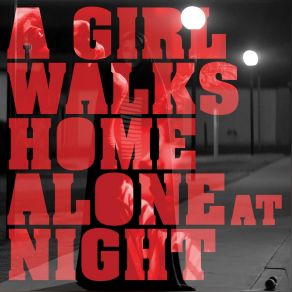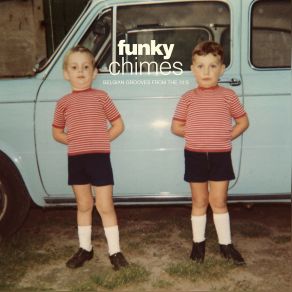Kiosk
Wikimp3 information about the music of Kiosk. On our website we have 13 albums and 4 collections of artist Kiosk. You can find useful information and download songs of this artist. We also know that Kiosk represents World Music genres.
Biography
[Edit]Kiosk first started as an underground Iranian rock band. After some substitutions the band got to its current lineup: Arash Sobhani (guitars and vocals), Anoush Khazeni (backing vocals and guitars), Babak Khiavchi (guitars), Ali Kamali (bass), Ardalan Payvar (keyboards), Shahrouz Molaei (drums), and Mardjan K (backing vocals). The main trait of Kiosk is using slangy, informal, and humorous language for their lyrics, which are mostly written by band mastermind Sobhani based on daily experiences and sociopolitical observations.
The band's first album, Adam-e Ma'mooli (Ordinary Man), was issued in 2006. The album was recorded, mixed, and mastered in various basements and home studios around the world, since bandmembers where apart before union in the United States. After migrating to the U.S., the band published its second album, Eshgh-e Sor'at (Amor de la Velocidad) (Love of Speed), in 2007. Both Adam-e Ma'mooli and Eshgh-e Sor'at, released by Bamahang Productions, have been among the best-selling Iranian albums in the online music market thus far. The music video for the title song, "Eshgh-e Sor'at," directed by Ahmad Kiarostami, the son of the award-winning Iranian director Abbas Kiarostami, has passed a quarter million hits on YouTube as of 2007.
Kiosk's music can be classified as rock and blues, while having a look at their songs concepts and their witty lyrics, one may put them among political comedy rock bands as well.
Kiosk was very busy touring since their migration to the United States. The street culture in Kiosk's music is based on what is currently being used in Iran, which may make it a little hard to be completely understood by people who have left Iran many years ago, but the band's music has attracted much attention among young Iranians in the United States, even those who were born outside Iran.
In a panel discussion on "Art, Politics, Culture, and the Underground Music Scene in Iran" arranged by The Crown Center for Middle East Studies at Brandeis University & The Center for Middle Eastern Studies at Harvard University, Kiosk was invited as a representative for Iranian underground music.
Title: Zang Bezan Azhans (Call A Cab)
Artist: Kiosk
Genre: Alternative Rock, World Music, Pop, Alternative
Collections
Title: Alex Patterson's Voyage Into Paradise
Genre: Electronica, Reggae
Title: Arabian Night
Genre: Downtempo, Chill Out, Electronica, Lounge
Title: Dr. Alex Paterson's Voyage Into Paradise
Genre: Electronica, Dub
Featuring albums
Title: Oriental Garden, Vol. 10
Artist: Gülbahar Kültür / Gulbahar Kultur
Genre: Electronica, Dancefloor, World Music, Dance Pop
Title: Funky Chimes : Belgian Grooves from the 70's
Artist: Various Artists
Genre: Hip Hop/R&B, Soul
